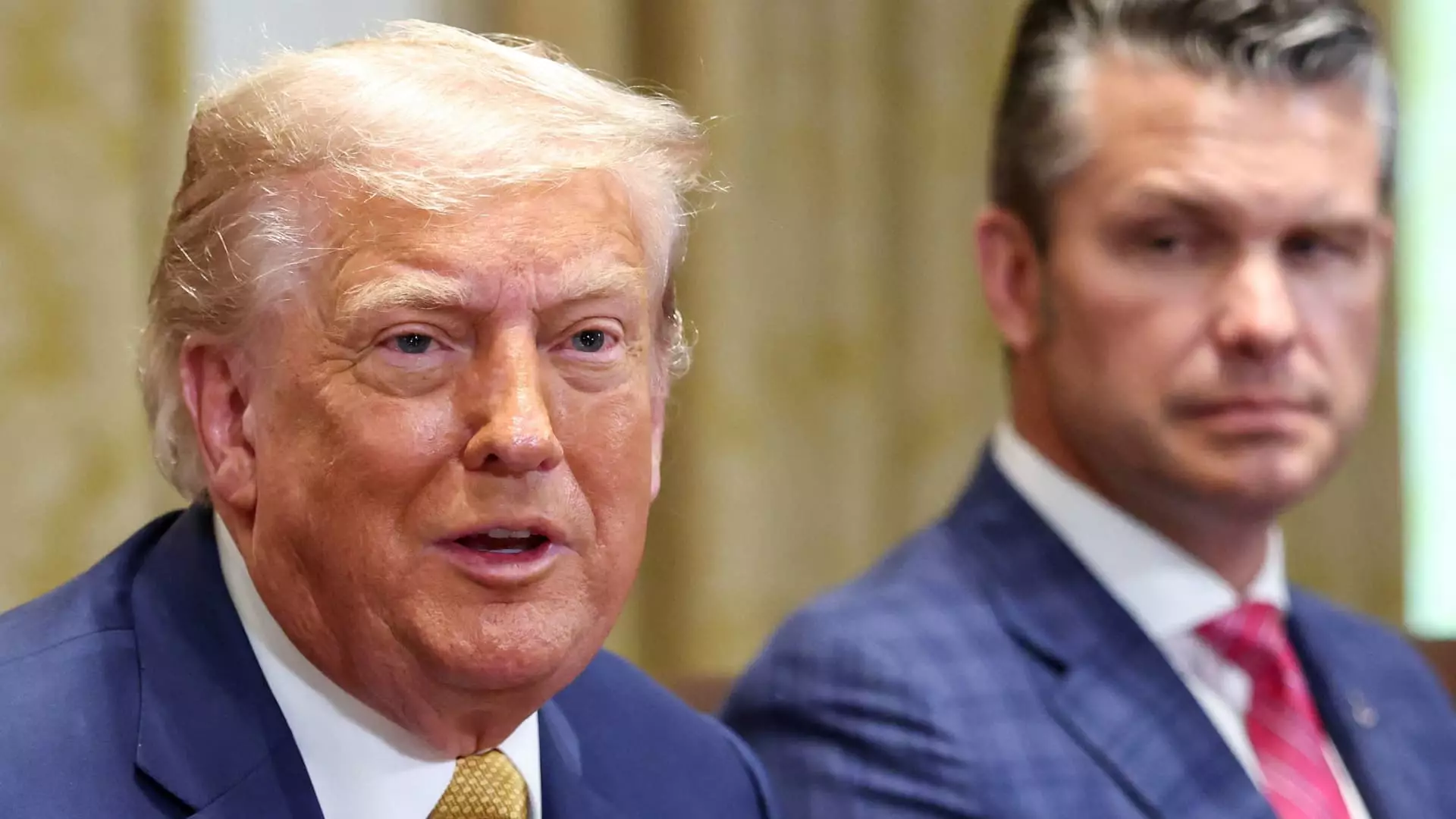Threatening to impose tariffs as high as 200% on imported pharmaceuticals reveals a startling misunderstanding of the complex ecosystem that makes innovation possible. While the president’s rhetoric may suggest a desire to bolster American manufacturing, the reality is that such aggressive tariffs risk choking off the very lifeblood of the pharmaceutical industry: research and development. Innovation does not flourish in an environment of hostility and protectionism; it thrives when global collaboration, competitive markets, and a stable regulatory framework coexist. The proposition to artificially inflate costs by imposing punitive tariffs ignores these fundamental truths and undervalues the essential role that international supply chains play in ensuring a steady pipeline of innovative medicines.
The Hidden Costs of Protectionism
The administration’s approach to tariffs on pharmaceuticals threatens to trigger a cascade of unintended consequences that could ultimately harm U.S. consumers. Higher costs could discourage investment from multinational corporations, which have been increasing their commitments within the country, but only if they perceive a stable, predictable environment. Instead, sudden tariff hikes—announced with vague timelines—inject uncertainty into a fragile equation. The risk is that drug prices could skyrocket for consumers, and ongoing supply chain disruptions might cause shortages of vital medicines. Such outcomes paint a stark contrast to the lofty claims of national security and economic patriotism that tariffs purportedly aim to achieve. Market stability, it turns out, is a far more effective strategy for fostering domestic growth than aggressive tariffs that threaten to destabilize the entire system.
Prioritizing the Common Good Over Political Posturing
Adopting a centrist liberal stance, I believe that policymakers must prioritize public health and innovation over short-term nationalist appeals. While there is merit in supporting American manufacturers, this goal should not come at the expense of steady pharmaceutical innovation or patient access. The long-term health of the nation depends on a balanced approach—one that encourages domestic manufacturing without undermining the foundations of scientific progress. Tariffs, especially at such extreme rates, seem more like a political stunt than a thoughtful strategy designed to benefit the broader populace. Real solutions lie in targeted investments, policies fostering fair competition, and international cooperation—elements that can genuinely promote a resilient and innovative pharmaceutical landscape. Resorting to tariffs risks turning America’s healthcare system into a fortress, isolated and less capable of meeting the needs of its citizens.

